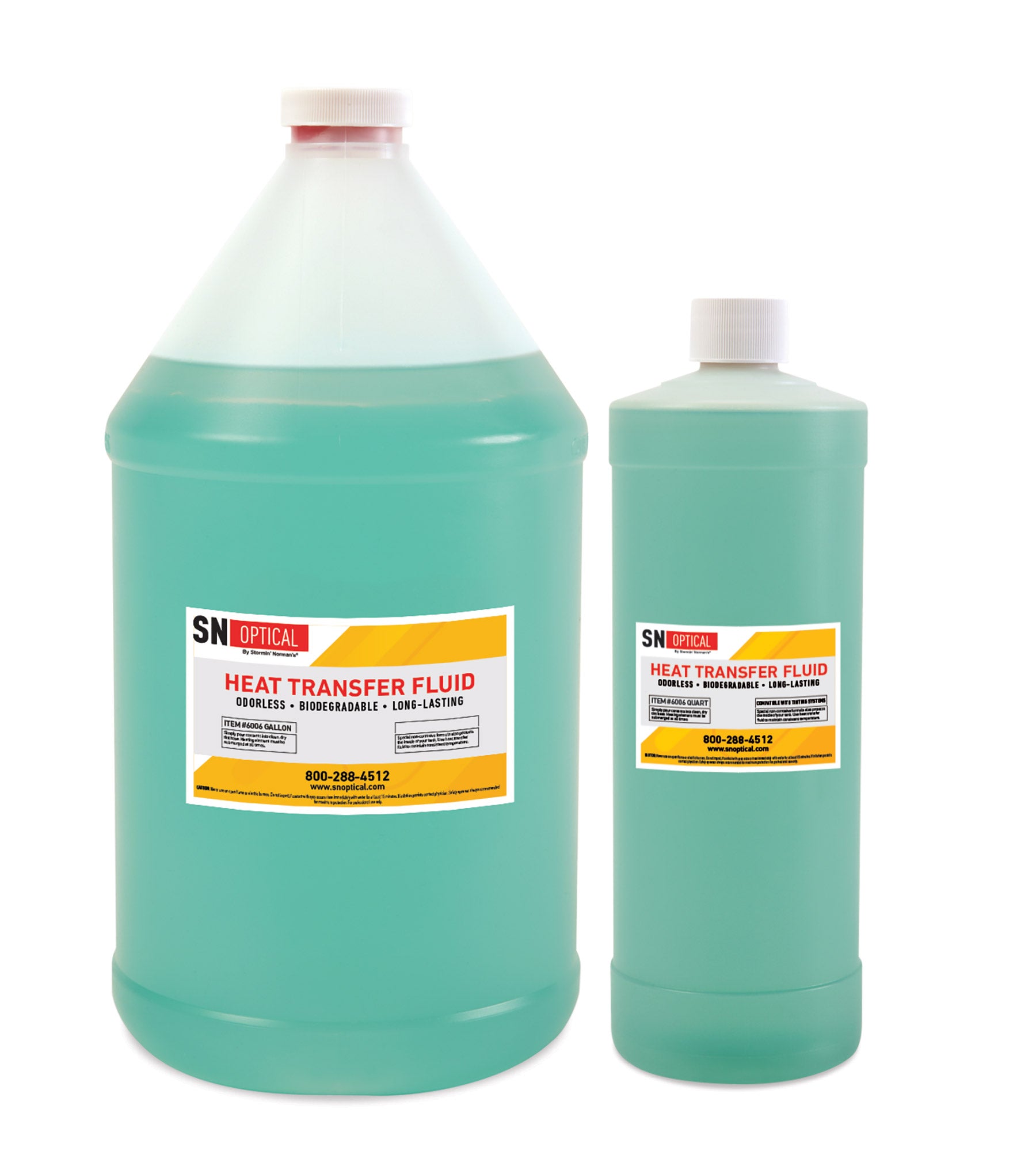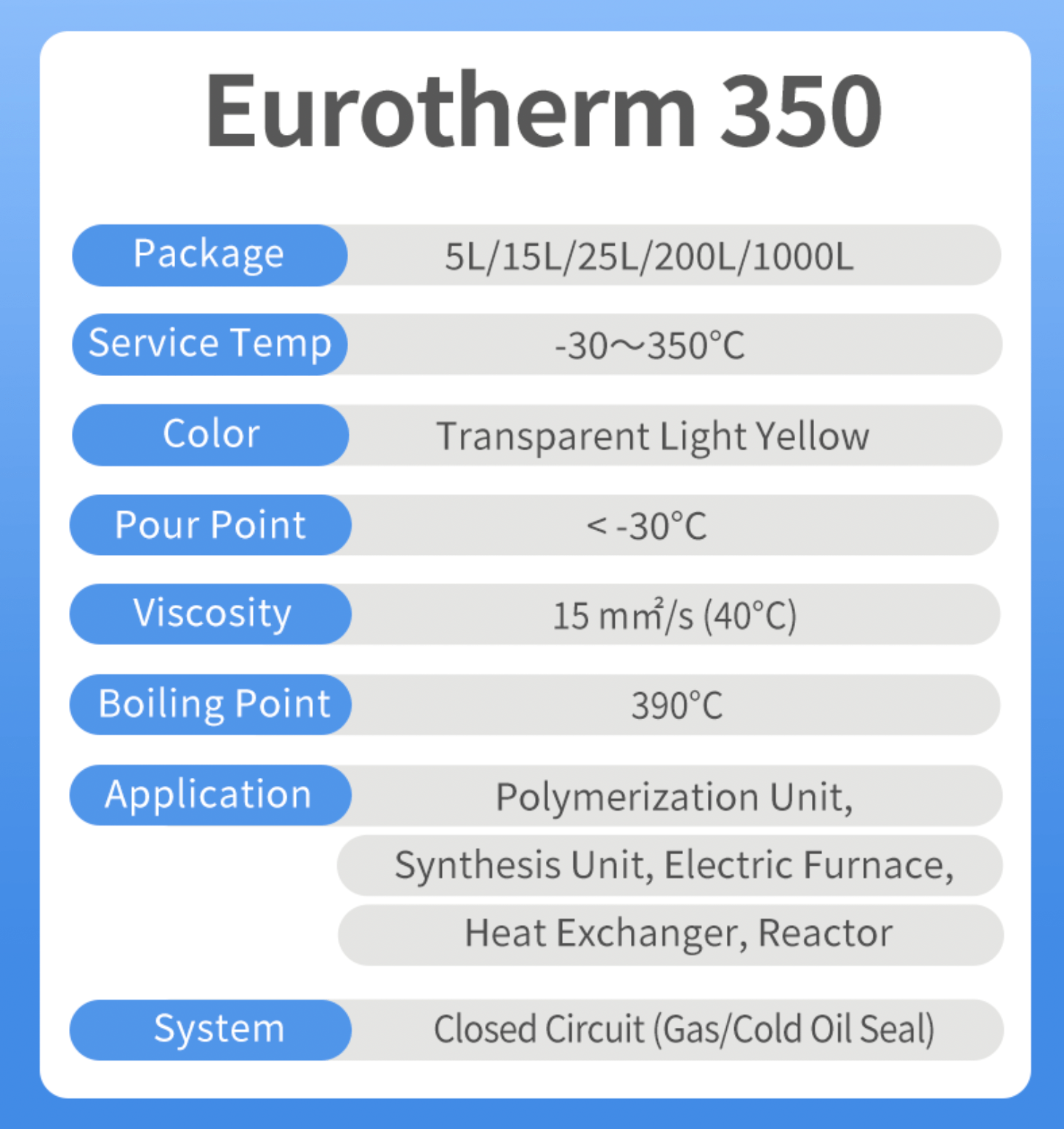Exactly How to Safely Deal With and Get Rid Of Utilized Heat Transfer Fluid
Exactly How to Safely Deal With and Get Rid Of Utilized Heat Transfer Fluid
Blog Article
Why Warmth Transfer Fluid Is Crucial for Optimizing Energy Transfer in Systems
The duty of warm transfer fluids in optimizing power transfer is essential for accomplishing effective thermal management across numerous commercial industries. These liquids promote smooth warm exchange, making sure processes run within optimum temperature ranges and alleviating the danger of overheating.

Role in Thermal Administration
Warmth transfer fluids play a vital duty in thermal monitoring by effectively controling temperatures in various commercial procedures and systems. These specialized fluids help with the transfer of warmth in between different components, ensuring optimum operating problems and stopping getting too hot. By keeping accurate temperature control, warmth transfer liquids allow industries such as chemical production, oil and gas, and power generation to operate securely and effectively.
The selection of an ideal warm transfer fluid relies on a number of elements, consisting of thermal security, warmth capability, and viscosity. High thermal stability guarantees that the fluid can endure severe temperature levels without degrading, while a high heat capacity permits it to absorb and launch considerable amounts of warmth - heat transfer fluid. Low thickness decreases the power required for pumping, adding to general system effectiveness
Additionally, warmth transfer fluids are indispensable in applications like refrigeration, where they assist soak up and dissipate heat throughout the cooling cycle. In solar thermal energy systems, these liquids capture and transport solar warmth to generate electrical power or give hot water. Their flexibility to diverse operating problems and ability to keep constant thermal efficiency underscore their value in commercial thermal management, promoting operational continuity and enhancing security measures.

Enhancing System Performance
To maximize the benefits of thermal administration, improving system performance via the strategic use of warm transfer liquids is paramount. By maintaining optimal temperature levels, heat transfer fluids help guarantee that systems operate within their developed specifications, consequently protecting against getting too hot and lowering the threat of part failing.

Sorts Of Warm Transfer Liquids
The diversity of heat transfer fluids underscores their vital role in a variety of commercial applications, each customized to satisfy details thermal monitoring needs. These liquids assist in effective energy transfer and are selected based upon vital residential properties such as thermal security, viscosity, and warm capacity. The key kinds include water, glycol services, oils, and synthetics, each offering distinct benefits.
Water is the most click for source typical heat transfer tool due to its high particular warmth capacity and reduced cost. Mineral oils are preferred for their thermal stability and non-corrosive nature, making them ideal for high-temperature applications.

These liquids make certain superior performance in systems where traditional liquids might fall short. The option of a warmth transfer liquid is important, as it affects system effectiveness, safety, and durability.
Environmental and Economic Perks
Utilizing the ideal heat transfer liquids offers substantial ecological and financial benefits for industrial operations. By picking liquids with superior thermal stability and high warm capability, markets can boost energy efficiency, causing minimized fuel usage and lower greenhouse gas emissions. This adds to a smaller sized carbon impact and lines up with international sustainability goals. Eco pleasant heat transfer fluids, frequently eco-friendly and safe, reduce the threat of soil and water contamination in the event of continue reading this leakages or spills, consequently shielding communities and complying with rigid environmental policies.
Economically, the ideal heat transfer fluid can considerably minimize functional expenses. Effective warm transfer reduces energy expense, resulting in lower energy costs and boosted earnings. Fluids with extended lifecycle efficiency lower the frequency of substitutes and upkeep, reducing downtime and linked expenses. Purchasing top notch liquids can likewise alleviate the threat of tools corrosion and failure, staying clear of expensive repair services and expanding the life expectancy of vital framework. In open markets, these savings and efficiencies provide a distinct benefit, permitting business to assign resources better and purchase additional technology. Generally, the calculated use optimum warm transfer liquids sustains lasting economic development and ecological stewardship.
Choosing the Right Fluid
How does one navigate the complex process of picking the best warmth transfer fluid for industrial applications? Thermal security ensures the liquid can endure high temperatures without breaking down, while compatibility stops deterioration or various other detrimental reactions with system components.
Additionally, the liquid's warmth capacity and thickness are critical. A high warm capability permits the go to these guys fluid to take in and move even more power, enhancing performance.
Final Thought
The tactical option and application of warmth transfer liquids are essential to maximizing power transfer throughout numerous systems. By guaranteeing high thermal stability and ability, these fluids supply exact temperature level control and enhance general system performance. This optimization adds to decreased operational prices and reduced greenhouse gas exhausts, therefore advertising sustainability. The option of fluid, tailored to particular viscosity and operational demands, is important for maximizing efficiency and accomplishing economic and ecological benefits in industrial processes.
Report this page